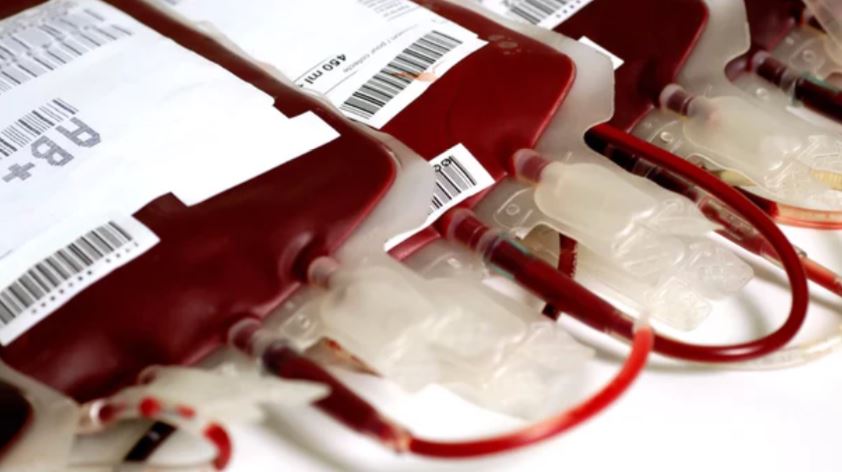
Kenya’s blood bank is running on empty, and the institutions mandated to collect, secure and distribute this life-saving substance are understaffed and underfunded. This, experts warn, is a dangerous dalliance with fate which could land the country into a deep abyss of death. This is coming to light following an expose carried by the Saturday Standard today.
It is worrying, that the Kenya National Blood Transfusion Services (KNBTS), the organisation which collects and processes blood for hospitals for transfusion is nearly empty. KNBT has only collected a paltry 164,275 units against a target of 300,000 units. Worse still, the critical outfit is seriously understaffed and some crucial machines have broken down.